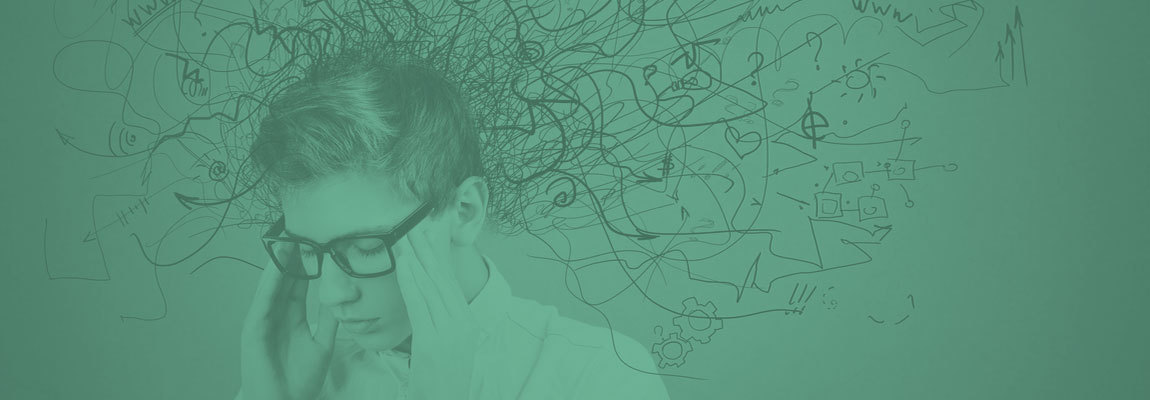Mental Health & Cognitive Disorders
In many ways mental health is just like physical health: everybody has it and we need to take care of it.
Most of us could say that we have have experienced a mental health problem at some point in our lives.
Mental health problems affect around one in four people in any given year. They range from common problems, such as depression and anxiety, to rarer problems such as schizophrenia and bipolar disorder ( www.mind.org.uk )
Some people who are experiencing mental health issues may have had a formal diagnosis and treatment, whilst others may have been signposted through their GP's to talking therapies and/or medication. Either way, the impact of suffering such episodes can have a debilitating affect to a person's life; to how they manage day to day living, their confidence and independence.
We at Promoting Independence South West have the skills and knowledge to understand such impact(s) and how mentoring/support can assist with the ongoing recovery with those with mental health issues. Our service would be identifying practice ways of working towards independence as a long term plan. We believe that recovery is not time limited, and that some goals may need to be in bite size for some; in order to successfully achieve the bigger goal and for this to be sustained.
Cognitive Disorders
Our service recognises that cognitive disorder are a category of mental health, that primarily affect learning, memory, perception, sequencing day to day tasks, understanding the risks of an environment and problem solving.
We recognise and have specialist skills with supporting individuals with cognitive diagnosis such as Dementia, Alzheimers, Parkinson's disease, and Huntingdon's Disease.
Our Mentor and support service, understands that cognitive disorders do vary in presentation, how it impacts on an individual and is often progressive. We do however, believe that working in a strengths based approach (by identifying individual's resilience(s) and strengths, as opposed to just identifying a disability), ensures the promotion of an individual maintaining as much choice, control and autonomy, and safety.
Below are other diagnosis/mental health associated needs that we offer support:
- Eating disorders (anorexia, bulimia, binge eating)
- Obsessive-compulsive disorder (OCD)
- Phobia(s)
- Self harm
- Suicidal feelings

